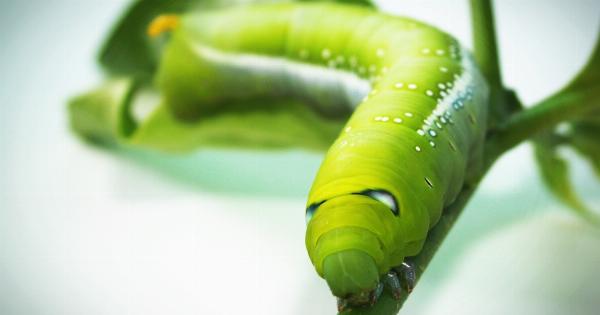Eating a nutritious diet is not only important for maintaining overall health and preventing diseases, but it can also have a profound impact on our longevity.
Research has shown that certain foods and dietary patterns can help promote longevity and increase the chances of living a longer and healthier life. In this article, we will explore the relationship between diet and longevity and discuss ten key food groups and dietary habits that can help extend your lifespan.
1. Fruits and Vegetables
Fruits and vegetables are powerhouses of essential vitamins, minerals, and antioxidants.
They provide the body with essential nutrients while also helping to combat inflammation and oxidative stress, both of which are linked to aging and various chronic diseases. Aim to include a variety of colorful fruits and vegetables in your daily diet to maximize their longevity benefits.
2. Whole Grains
Whole grains such as brown rice, quinoa, oats, and whole wheat are rich in fiber, vitamins, minerals, and antioxidants. They have been associated with a lower risk of heart disease, type 2 diabetes, and certain cancers.
Including whole grains in your diet can improve digestion, promote satiety, and contribute to a longer, healthier life.
3. Healthy Fats
Not all fats are created equal. Healthy fats, such as those found in avocados, nuts, seeds, and fatty fish like salmon, are crucial for overall health and longevity.
These fats are rich in omega-3 fatty acids, which have been linked to a reduced risk of heart disease, cognitive decline, and inflammation. Including moderate amounts of healthy fats in your diet can have a positive impact on your longevity.
4. Lean Protein
Protein is an essential nutrient for maintaining and repairing body tissues, supporting a healthy immune system, and promoting satiety. Opt for lean sources of protein such as skinless poultry, fish, legumes, tofu, and low-fat dairy products.
Including adequate protein in your diet can help preserve muscle mass, improve bone health, and increase longevity.
5. Nuts and Seeds
Nuts and seeds are packed with essential nutrients, including healthy fats, fiber, protein, vitamins, and minerals.
Studies have shown that regular consumption of nuts and seeds is associated with a reduced risk of chronic diseases, such as heart disease and certain cancers. Including a handful of nuts and seeds in your diet as a snack or adding them to meals can contribute to a longer, healthier life.
6. Herbs and Spices
Herbs and spices not only add flavor to your meals but also offer numerous health benefits. Many herbs and spices have potent antioxidant and anti-inflammatory properties that can help protect against chronic diseases and aging.
Some popular herbs and spices known for their longevity-promoting properties include turmeric, ginger, garlic, cinnamon, and rosemary.
7. Fermented Foods
Fermented foods like yogurt, kefir, sauerkraut, kimchi, and tempeh are rich in beneficial bacteria known as probiotics. These probiotics help support a healthy gut microbiome, which is essential for overall health, digestion, and immune function.
Consuming fermented foods regularly can have a positive impact on longevity by promoting a balanced gut bacteria population.
8. Green Tea
Green tea is a rich source of antioxidants called catechins, which have been found to have anti-aging and longevity-promoting effects.
Studies have shown that regular consumption of green tea is associated with a lower risk of heart disease, certain cancers, and neurodegenerative diseases. Swap your regular tea or coffee for a cup of green tea to harness its longevity benefits.
9. Moderate Caloric Intake
Caloric restriction, without malnutrition, has been shown to extend lifespan in various organisms, including mammals. While extreme calorie restriction may not be suitable for everyone, adopting a moderate caloric intake can support longevity.
Focus on consuming nutrient-dense foods that provide the body with essential nutrients while minimizing excessive calorie intake.
10. Mindful Eating and Social Connection
Eating mindfully, paying attention to hunger and fullness cues, and enjoying meals with loved ones can contribute to a longer and healthier life. Mindful eating helps establish a healthy relationship with food and prevents overeating.
Additionally, enjoying meals with family and friends enhances social connections, which are vital for emotional well-being and longevity.
Conclusion
Your diet plays a significant role in determining your lifespan and overall health.
Including a variety of fruits and vegetables, whole grains, healthy fats, lean protein, nuts, and seeds can provide your body with essential nutrients and antioxidants that promote longevity. Adding herbs, spices, fermented foods, and green tea can further enhance the longevity benefits.
Additionally, maintaining a moderate caloric intake and practicing mindful eating while fostering social connections can contribute to a longer and healthier life. By making informed dietary choices and adopting healthier eating habits, you can improve your chances of living a long and vibrant life.





























